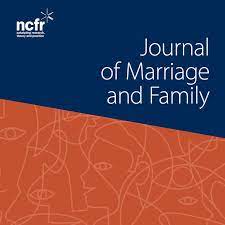New Research Analyzes Relationship Between Education Level and Fertility Goals
Posted on Feb 21, 2024 | Comments 0
 A new study led by Karen Guzzo, professor at University of North Carolina at Chapel Hill, and Sarah Hayford, professor at Ohio State University, has examined the relationship between young adults’ level of education and their childbearing goals.
A new study led by Karen Guzzo, professor at University of North Carolina at Chapel Hill, and Sarah Hayford, professor at Ohio State University, has examined the relationship between young adults’ level of education and their childbearing goals.
The research team was interested in this topic due the common assumption that highly educated do not desire or intend to have as many children as people with less educational experience. They explain that their “article contributes to the research literature by illustrating variation in prospective fertility goals by education, focusing on the early life course in order to understand young adults’ goals before they have been shaped by parenting and extensive workforce experiences.”
To conduct their analysis, the researchers examined data from 1995 to 2019 from the National Surveys of Family Growth regarding childbearing intentions among men and women aged 19 to 24. Women across all levels of education have similar rates of wanting children, but differences were shown in their intentions to have children. Som 90 percent of women under 19 who had not received a high school diploma wanted children, but only 82 percent actually intended to have children. Compared to women who had completed at least a bachelor’s degree, the rates of wanting versus intending to have children were 92 and 91 percent respectively.
The researchers write that their findings demonstrate that “education gaps in fertility in the United States are not attributable to differences in early-life fertility goals” and that they may suggest “educated individuals are slightly more likely to have children, and to have a slightly larger intended family size.”
Filed Under: Research/Study








